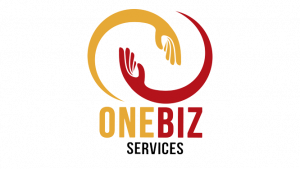Employer Identification Number

Employer Identification Number
All new business entities must acquire a Federal tax identification (EIN) number. Onebiz Services can either prepare the required forms for the IRS or acquire your number.
What is EIN (Employer Identification Number)?
The Federal Tax Identification Number, also known as an Employer Identification Number, "FEIN," or "TIN," is a company social security number. It is the number the IRS uses to identify the company and must be included in the business's tax filings. Businesses can apply for an EIN by preparing IRS Form SS-4 and filing it with the IRS. Certain states also require a state tax identification number. To know if your state requires a different number, we recommend contacting your state's taxation authority.
Suppose you operate your business as a sole proprietorship or partnership and are now looking to incorporate or form a limited liability company (LLC). In that case, you must acquire a new EIN for your business.
When are EINs needed?
Businesses need an EIN to settle their federal taxes online, file annual tax returns, and issue payroll and tax documents to suppliers. The number has less to do with employees and more with taxation, so if your business pays taxes, you need an EIN. A company must be located in the U.S. to receive an EIN. In addition, the person applying for the EIN must have their taxpayer identification number, such as a social security number.
A wide variety of entities may apply for an EIN, from sole proprietorships to partnerships, LLCs, corporations, government agencies, non-profits, and other associations. There are no size requirements or constraints as far as employees are concerned. For example, a sole proprietorship with only the owner as an employee can request one, as can a multinational corporation or charity.
1831 Marina Blvd, San Leandro, CA 94577, United States.
Contact Details
info@onebizservices
(541) 754-3010
San Leandro, CA
SERVICES
We
Offer
The advantages of having an Employer Identification Number
EINs are unique to the enterprises to which they are assigned. The numbers never expire, and the same number set is never reallocated to another company, even if the original employer goes out of business. The main benefit of getting one is the ability to operate. Your business can't function without it. You must apply for an employer identification number before starting. You also need an EIN to do the following:
- Hiring and paying employees
- Opening bank accounts, obtaining credit, and investing surplus cash
- Maintaining corporate shields
- Filing business taxes and registering state taxes
Getting an EIN permits you to keep your personal and business finance separate. This enables you to shield your personal information and protect it from identity theft.
Self-employed individuals such as subcontractors are generally required to have an EIN, which the primary contractor will use to report to the IRS all business income paid to the subcontractor.
*All written content on this site is for informative purposes only and is believed to be from dependable sources. However, we make no representations of its accuracy or completeness. Opinions herein are solely those of our editorial staff. Discuss all information and ideas in detail with your advisor before implementation. We do not obtain commissions or referral fees for selling products. The existence of this website on the Internet shall in no direct or indirect way be construed or interpreted as a solicitation to sell or offer to sell advisory services to residents of any state other than where we are lawfully permitted.*
© 2023 Onebiz Services Designed by Amplispot

